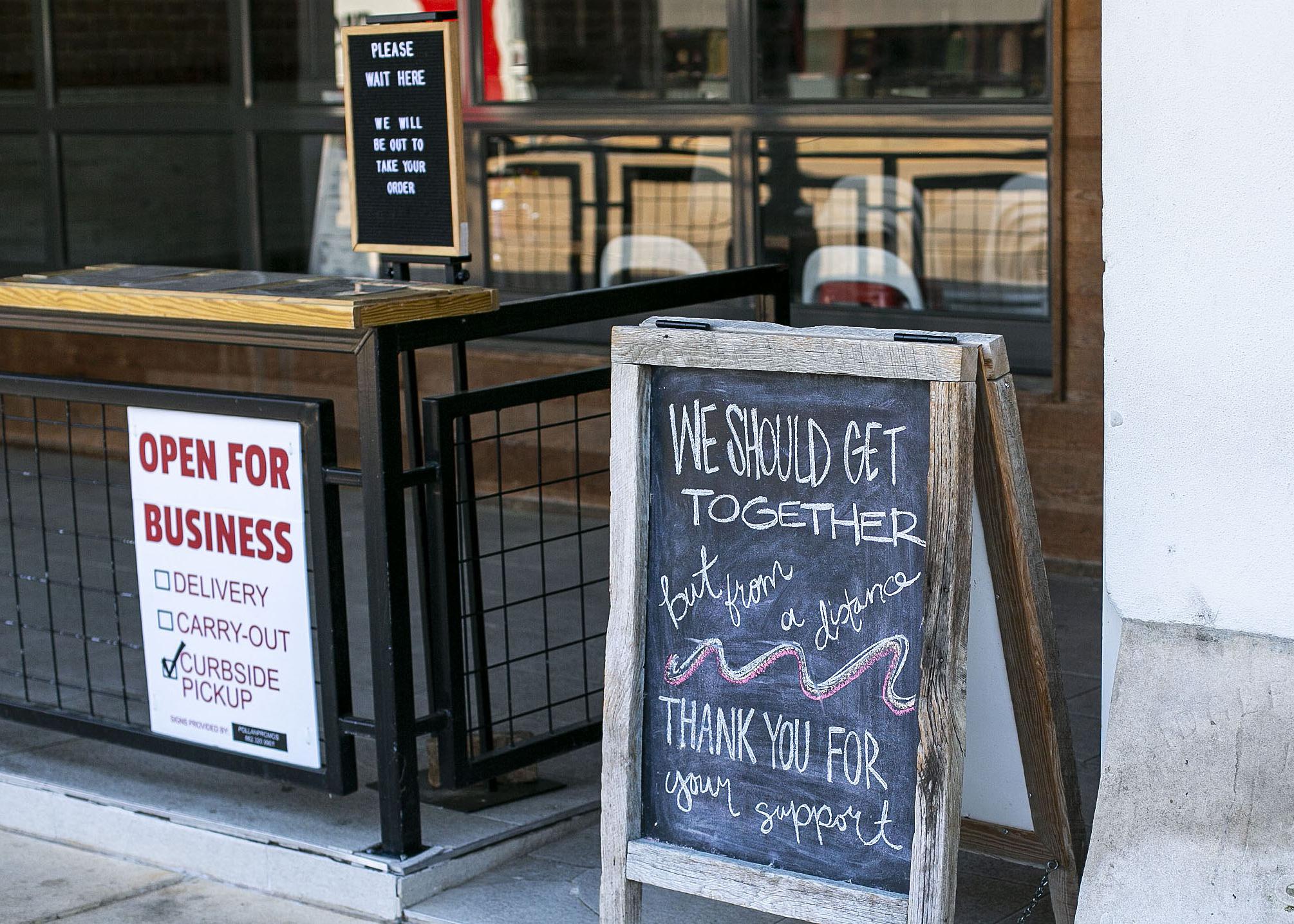Information Possibly Outdated
The information presented on this page was originally released on April 15, 2020. It may not be outdated, but please search our site for more current information. If you plan to quote or reference this information in a publication, please check with the Extension specialist or author before proceeding.
Shop local to support community vitality
RAYMOND, Miss. -- Many small business owners temporarily closed their doors and sent their employees home amid efforts to slow the spread of the new coronavirus. But that does not mean they are closed for business.
“It is vital that we support our local businesses now,” said Rachael Carter, an Extension economist with the Mississippi State University Extension Service Center for Government and Community Development. “These businesses need our support now to stay in business so that we can enjoy them later. Our communities also need these businesses and the tax revenues they generate to continue to provide local citizens with services, such as roads, water and recreation.”
Dollars spent at independently owned, local businesses can have a high recirculation rate in the local economy. That means much of the money spent at locally owned businesses stays in the community if the business employs locals and buys or produces the goods it sells from local or regional sources. These dollars impact the community in three ways, Carter said.
The first is direct impact when a customer buys goods or services at the business. The second is indirect impact when the business buys from another local business, such as a distributor or a farmer. The third is induced impact when an employee of the business or other businesses spend the money they earned in the local community.
Consumers can observe the social distancing and shelter-in-place orders while supporting local businesses. Many local businesses, including restaurants and garden centers, are essential businesses and still operating under modified guidelines. Other local businesses may be conducting business online or over the phone and offering delivery, curbside pickup or shipping for their products.
“If you don’t regularly shop with locally owned businesses, now is a great time to start,” Carter said. “Take a look at the websites for your city, the Chamber of Commerce or the Convention and Visitor’s Bureau to learn about local businesses and what they provide. Call them to see if they have what you need or see if they can order it for you.”
Rochelle Hicks of the Mississippi Tourism Association said local businesses provide irreplaceable benefits to communities.
“Shopping local is what supports our communities and the small businesses that are the foundation of those communities,” she said. “Without our local shops and businesses, what would our community look like?”
Upcoming graduations and Mother’s Day are great occasions to support local businesses. Another way to help promote local businesses is to start a community group page on social media to provide information about local businesses, Carter said.
Jim DelPrince, Extension horticulture specialist, said florists are among the many local businesses that have experienced reduced business because of the coronavirus.
“Floral shops are small businesses just like restaurants, clothing stores and others,” he said. “They help form the fabric of communities. Many of these shops are offering curbside pickup and delivery for Mother’s Day. But flowers are a great gift any time of year and especially right now. They lift spirits and let others know you care.”
Locally owned businesses are an important part of the economic stimulus for communities, said Jennifer Prather, director of community development with the Mississippi Main Street Association.
“When you shop with a locally owned business, not only are you supporting them directly,” she said, “but in turn, you create an indirect impact by contributing to the employment of fellow community members and create additional commerce through the businesses’ support of additional locally owned businesses such as service providers like local farmers, food and beverage distributors, and other local businesses who support the community’s tax base.”








